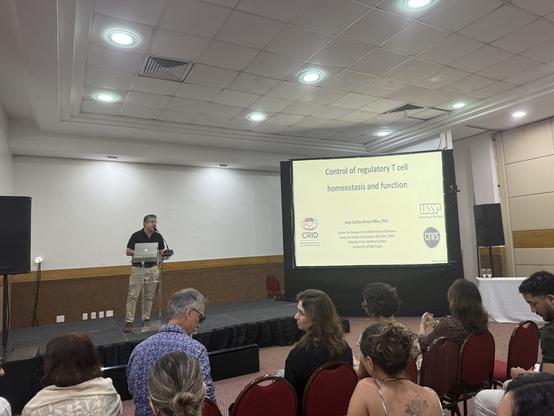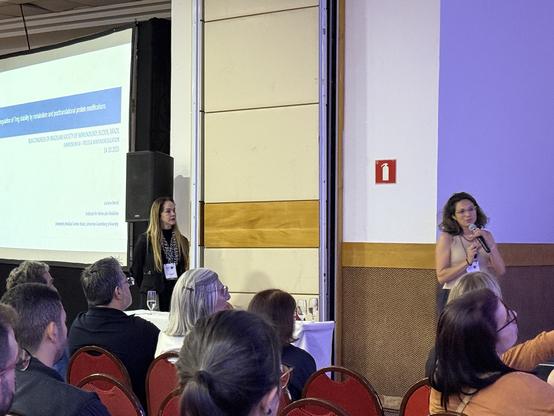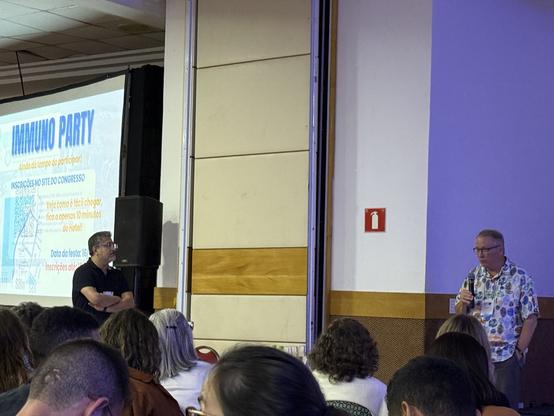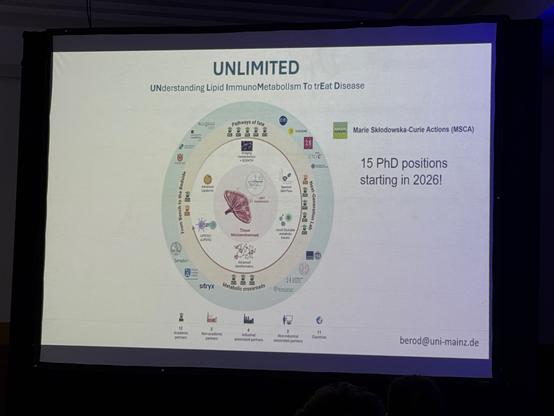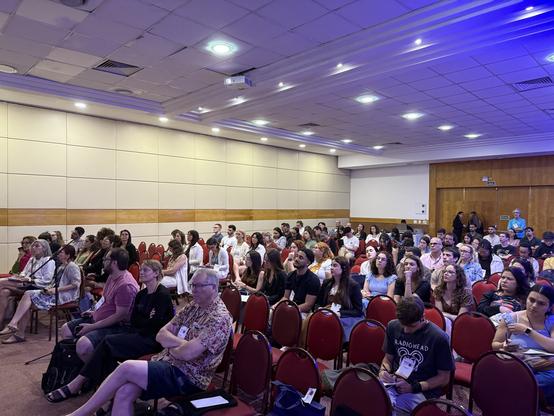13. In summary: tolerance to self is a fixed, static system established at birth. It does not change dynamically during an individual’s life.
#immunology
#tolerance
#selfnonself
#science
#theory
#Foxp3
#Tregs
Why T Cell Tolerance Is Fixed from Birth
1. Unlike the innate immune system, which uses receptors to discriminate self from nonself based on biochemical features of the ligand (like LPS, foreign DNA, or foreign RNA)
5/ Tellingly, even Shevach himself later made a U-turn, now arguing suppression is antigen-specific.
Another study using auxin-inducible #Foxp3 degradation just after Rudensky lab’s preprint. Curious overlap. Parallel thinking or a race to publish? 🧬👀
1/ 🧪 The Rudensky lab never shies away from using cutting-edge gene tech to study Tregs. Their latest approach? Reversible protein degradation via ubiquitination. 👀 #Immunology #Tregs #science #Foxp3
Temporal and Context-Dependent Requirements for the Transcription Factor Foxp3 Expression in Regulatory T Cells
Regulatory T (Treg) cells, expressing the transcription factor Foxp3, are obligatory gatekeepers of the immune responsiveness. While Foxp3 essential role in Treg l differentiation is well established, the mechanisms by which Foxp3 governs the Treg-specific transcriptional network remain incomplet...
Interesting contrast between the editor’s emphasis on Treg involvement in CD8 T cell priming and the complete absence of this point in the authors’ abstract.
Initially, the thymus was believed to be an endocrine organ because its removal in early life caused changes in the ovaries and testes. Now, we understand these changes were linked to autoimmunity. 🤔🔬💡
